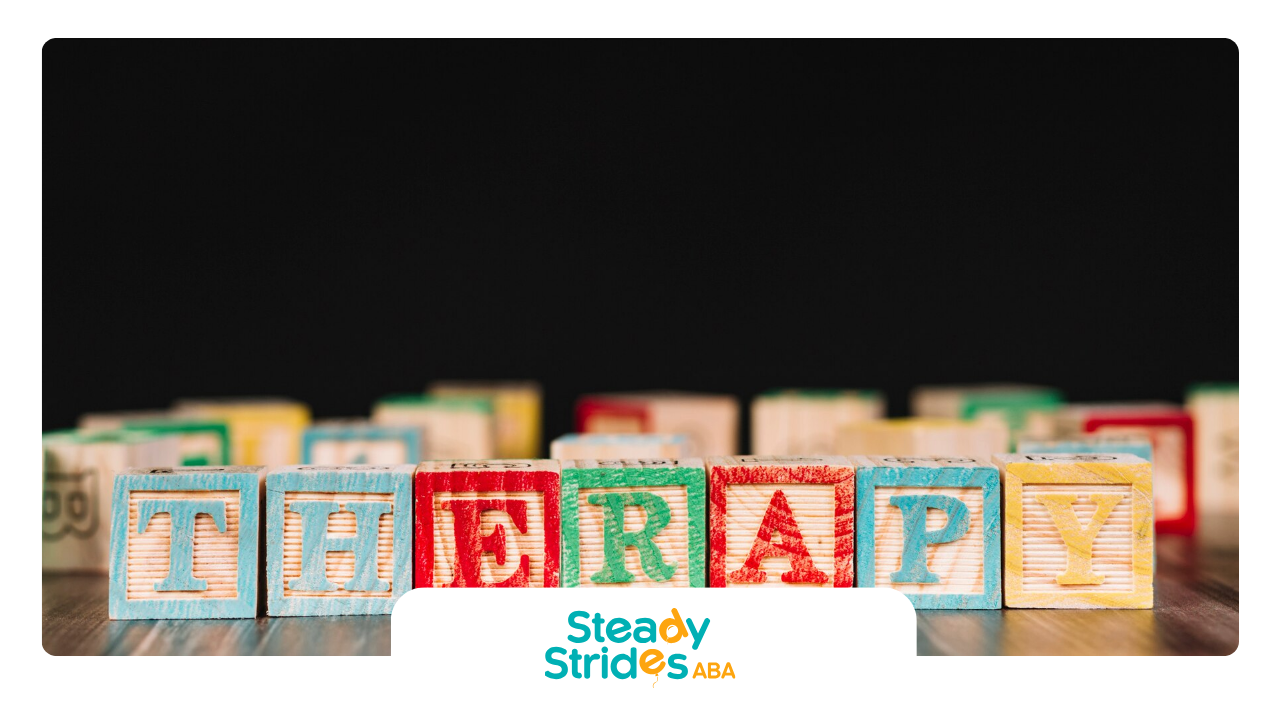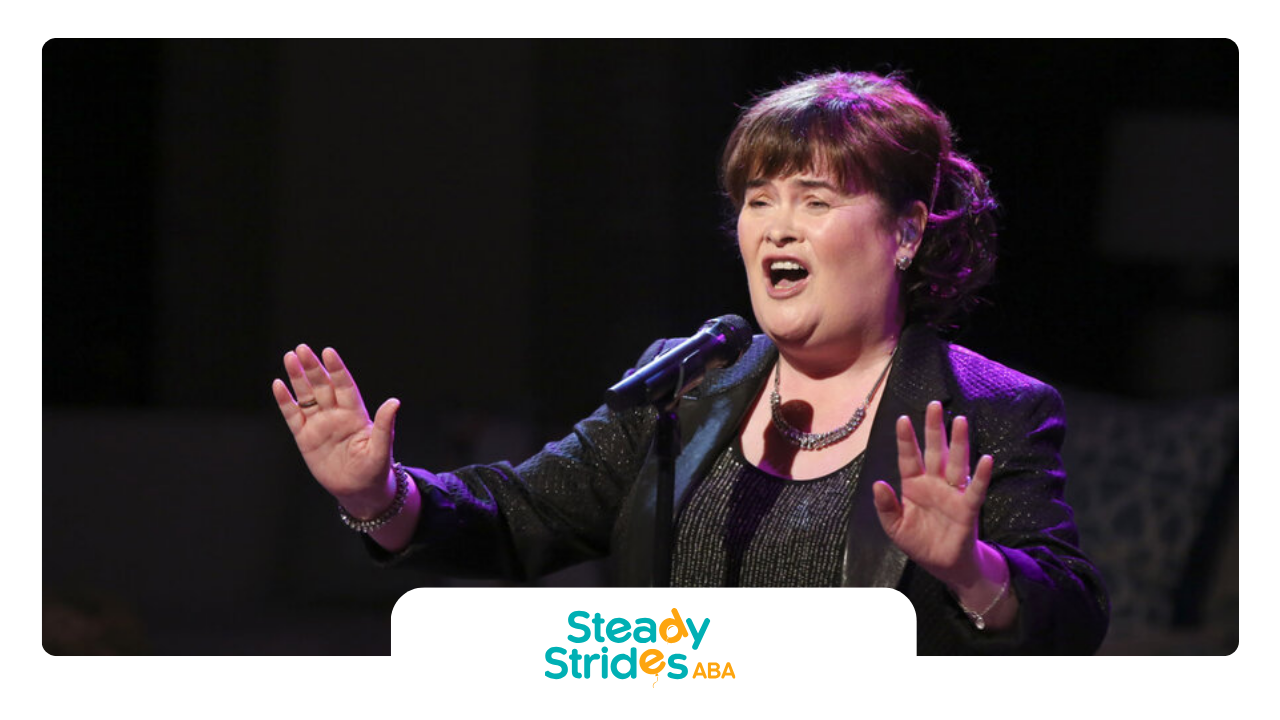Introduction
For those pursuing a career as a Board Certified Behavior Analyst (BCBA), passing the BCBA exam is a crucial step. As a parent, educator, ABA therapist, or school personnel working with children on the Autism Spectrum Disorder (ASD) spectrum in Texas, understanding the BCBA pass rate and the factors that influence it can help you plan your study approach and set realistic expectations. Whether you’re preparing for the exam or supporting someone else who is, knowing the current pass rates and what to expect from the exam is essential.
This article will explore the BCBA pass rate, the factors influencing success, and effective strategies to improve your chances of passing. With this knowledge, you will be better equipped to approach the BCBA exam with confidence and clarity.
What Is the BCBA Exam?
The BCBA exam is a comprehensive test designed to assess the knowledge and skills of individuals seeking to become certified Board Certified Behavior Analysts (BCBAs). BCBAs play a critical role in the field of Applied Behavior Analysis (ABA), especially when working with individuals with autism and other developmental disorders.
What Does the BCBA Exam Cover?
The BCBA exam evaluates candidates on a range of topics within the field of behavior analysis. Some key areas tested include:
• Behavioral principles and ABA concepts
• Assessment techniques (e.g., functional behavior assessments)
• Behavioral interventions (e.g., reinforcement, punishment, and behavior modification strategies)
• Data collection and analysis
• Ethics and professional conduct
• Supervision and training of other behavior analysts and staff
The exam consists of 160 multiple-choice questions and is administered over a 4-hour period. To pass, candidates must score at least 80% (128 correct answers out of 160).
BCBA Pass Rate: Current Trends
The BCBA pass rate is a key indicator of the difficulty of the exam and the preparation required for success. As of 2024, the national BCBA pass rate tends to hover around 60-70% for first-time test-takers. This rate can fluctuate slightly based on various factors, including exam difficulty, preparation, and individual candidate backgrounds.
Factors That Influence the BCBA Pass Rate
Several factors can influence the likelihood of passing the BCBA exam, including:
• Study preparation: Comprehensive and targeted study methods lead to higher pass rates.
• Prior knowledge: Experience in the field or relevant education in ABA can significantly impact your ability to succeed on the exam.
• Test anxiety: Psychological factors such as stress or test anxiety can also affect performance, making it essential to approach the exam with a calm and focused mindset.
• Practice exams: Taking practice tests can help familiarize you with the exam format and improve time management during the real exam.
How to Improve Your BCBA Pass Rate
While the BCBA pass rate may seem daunting, the good news is that there are several strategies you can use to improve your chances of success. Here’s how you can maximize your preparation efforts:
1. Develop a Structured Study Plan
One of the most important steps you can take is to develop a structured study plan. A study schedule helps break down the material into manageable sections and ensures that you cover all necessary topics. A comprehensive study plan should include:
Study Plan Recommendations:
• Timeline: Set a realistic study timeline, such as 2-3 months before the exam, depending on your level of familiarity with the material.
• Study Materials: Utilize high-quality study materials, such as textbooks, online resources, practice exams, and study guides.
• Daily Goals: Set achievable daily or weekly goals to stay on track.
• Focus Areas: Prioritize areas of weakness or topics that tend to be most challenging.
2. Utilize Practice Exams
Taking practice exams is one of the best ways to prepare for the BCBA exam. Not only do they help familiarize you with the test format, but they also provide a realistic assessment of your readiness. Practice exams can help identify areas where you may need additional review and boost your confidence going into the real exam.
Benefits of Practice Exams:
• Time Management: Practice tests help you manage your time effectively during the exam.
• Exam Familiarity: The more you practice, the more comfortable you’ll become with the exam format.
• Identify Weaknesses: Practice exams help pinpoint areas that need further attention, so you can focus your study efforts.
3. Take a BCBA Exam Prep Course
Many individuals find it helpful to take an exam prep course to supplement their studying. These courses are specifically designed to help candidates understand the material more thoroughly and provide structured guidance. They may include:
• Live or online lectures from experts in ABA
• Practice questions and quizzes
• Test-taking strategies
• One-on-one tutoring if needed
If you’re in Texas, consider looking for local BCBA exam prep courses or online programs to help you prepare more effectively.
4. Join a Study Group
Joining a study group can provide you with valuable support and insights. Studying with others who are preparing for the same exam can help reinforce concepts, clarify difficult topics, and keep you motivated.
Benefits of Study Groups:
• Accountability: Regular study sessions with peers can help you stay on track and avoid procrastination.
• Shared Resources: Group members can share study materials, tips, and insights.
• Collaboration: Discussing challenging topics with others can help you understand them from different perspectives.
5. Focus on Understanding, Not Memorizing
Rather than focusing solely on memorizing facts, it’s important to understand the underlying principles and concepts of ABA. The BCBA exam tests your ability to apply ABA principles in real-world scenarios, so focusing on comprehension is key to success.
What Happens If You Don’t Pass the BCBA Exam?
If you don’t pass the BCBA exam on your first attempt, don’t worry—you’re not alone. Many candidates take the exam more than once before passing. Here’s what to do if you don’t pass the exam on your first try:
1. Review Your Score Report
After the exam, you will receive a score report that outlines your strengths and weaknesses in each section. Review this report carefully to identify areas that need improvement.
2. Adjust Your Study Plan
Use your score report to refine your study plan. Spend more time reviewing the areas where you scored lower and consider additional resources, such as tutoring or online review courses.
3. Take a Break Before Retaking the Exam
It’s important to take a break and avoid burnout before retaking the exam. Use this time to relax and recharge, so you’re ready to approach your studies with renewed focus and energy.
Conclusion
The BCBA pass rate can be a helpful indicator of the exam’s difficulty, but with the right preparation, you can significantly improve your chances of passing. Whether you are a parent, ABA therapist, educator, or school personnel in Texas, knowing the best strategies for studying and preparing for the exam can set you up for success.
By developing a structured study plan, using practice exams, and focusing on comprehension, you can boost your confidence and increase your chances of becoming a Board Certified Behavior Analyst. With dedication and the right resources, passing the BCBA exam is within your reach.
Frequently Asked Questions
What is the BCBA pass rate for first-time test-takers?
The first-time pass rate for the BCBA exam typically ranges from 60% to 70%, depending on various factors such as preparation and test difficulty.
How can I improve my chances of passing the BCBA exam?
To improve your chances of passing, create a structured study plan, use practice exams, consider taking an exam prep course, and join a study group. Focusing on understanding the material, rather than memorizing, is also key to success.
What should I do if I fail the BCBA exam?
If you fail the BCBA exam, review your score report, adjust your study plan, and take time to focus on weaker areas before retaking the exam. Many candidates pass on their second or third attempt.












